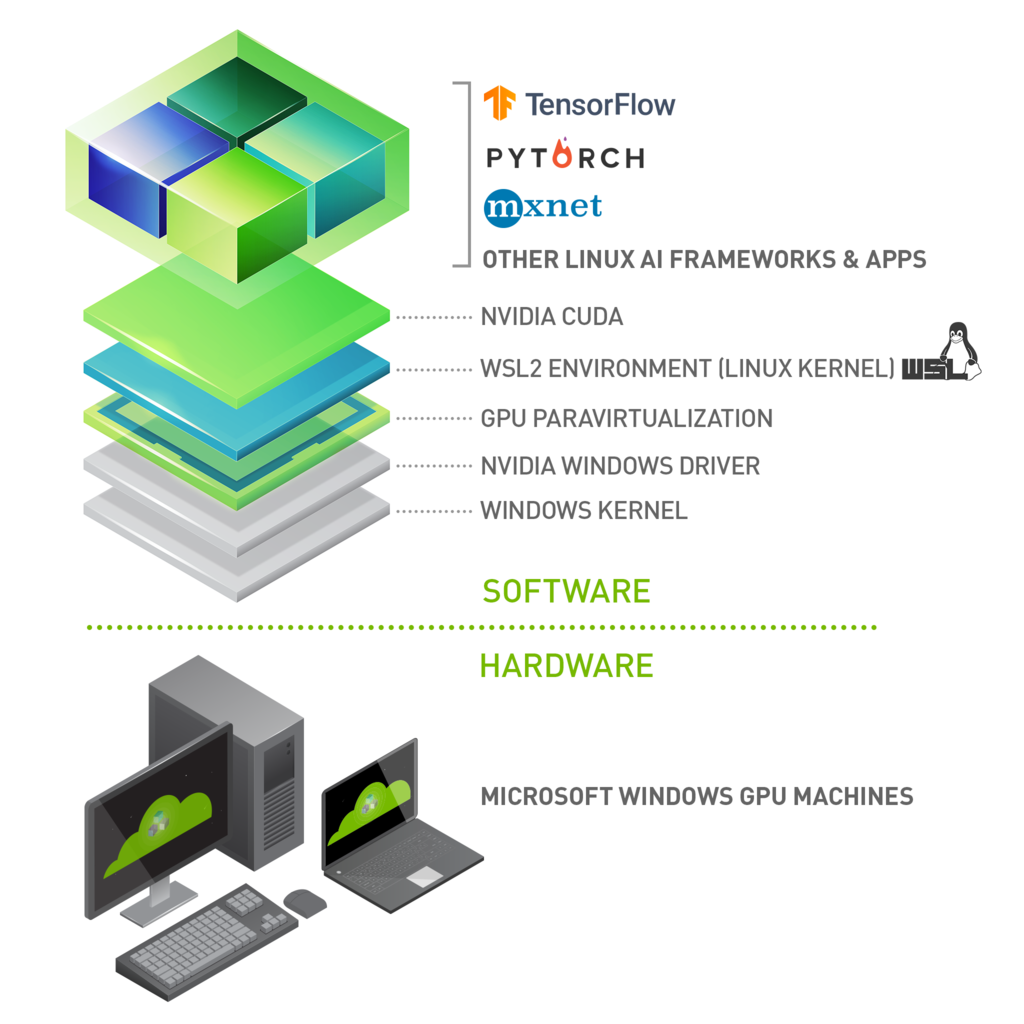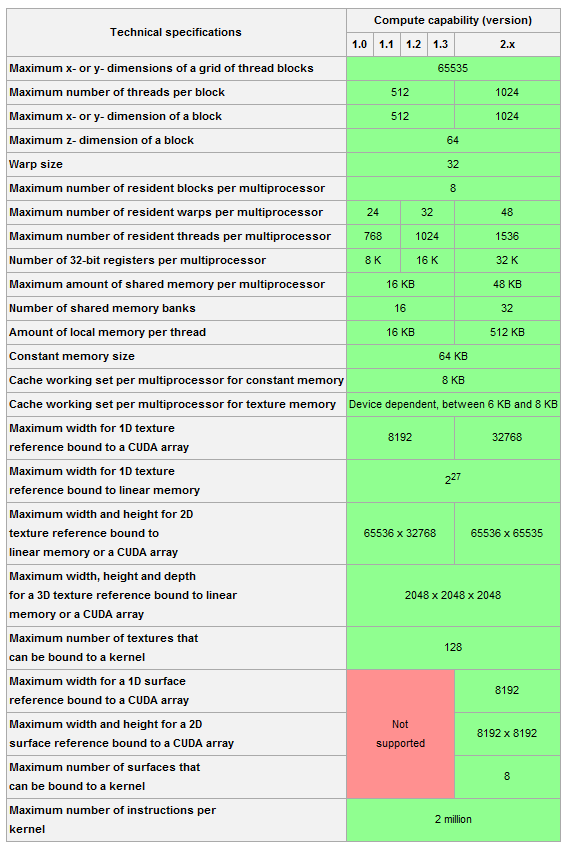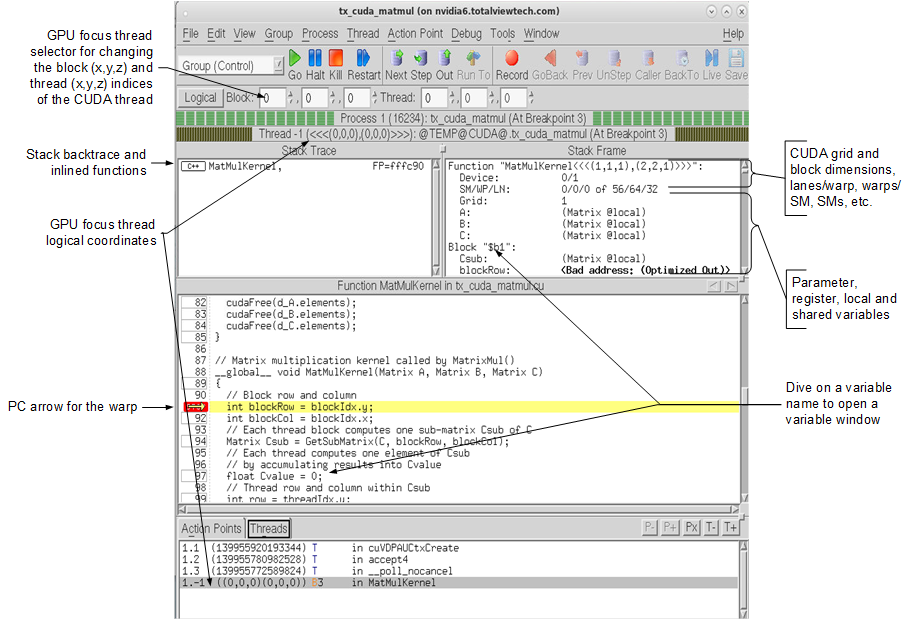Roads & PavementRoads & Pavement
Barefoot
Minimal
Low
Medium
High
Maximal
All around running shoes offer comfort and cushioning for daily runs, jogs, walks, and long mileage. They offer enough versatility for both faster and slower runs and are a great option for those who want one running shoe to do it all.
Fast run or uptempo running shoes are lightweight and responsive. They offer streamlined designs that have minimal uppers and offer a high level of energy return. These shoes are a great option for faster runs in the week or those looking for a livelier experience.
Max Cushion shoes offer premium cushioning with ample ground protection and a stable ride. These types of shoes provide abundant impact protection that softens landings while running at any pace or distance. These types of shoes are best for slower recovery runs and easy days where comfort takes priority.
Racing shoes are designed with optimal performance in mind. These types of shoes have snug-fitting uppers, energetic midsole foams, and features implemented for maximum efficiency. These types of shoes are best for runners looking to gain the ultimate advantage in races but may sacrifice some durability and comfort.
Gym Workout shoes offer a stable and versatile ride. They have a firmer underfoot feeling that provides stability for lateral movements with comfortable uppers. These types of shoes are best for trips to the gyms, cross training, casual wear, and light running. How to install cuda nvidia drivers for Ubuntu on WEkEO Elasticity
Road running shoes feature smooth outsoles that are designed for running on paved surfaces such as roads, sidewalks, and bike paths.
Designed to handle most trail runs, these shoes prioritize comfort and a smooth ride. These shoes are great for anything from smooth singletrack, park trails, and fireroads making them ideal for those who run from their doorstep on streets before hitting the trail.
These shoes are best used for hard, rugged trails such as shale, granite or sandstone where grip on smooth surfaces and underfoot protection are important.
Designed for use in muddy, soggy conditions, these shoes feature very aggressive outsoles that dig deep into soft ground for exceptional traction.
These shoes feature technical outsoles designed to grip snowy and icy trails making them ideal for winter trail running.
Cushioning level, or stack height, refers to how much shoe is between your foot and the ground. For this category, we reference the amount of cushioning below the forefoot as the heel height will be equal to or greater than the forefoot height.
1. NVIDIA GPU Accelerated Computing on WSL 2 CUDA on WSL 12.3
0-13mm. The Shoe generally does not have a midsole and feels like there is no cushioning. This shoe is all about feeling the ground underfoot.
14-18mm. The shoe has a thin midsole that allows for a natural running experience. Racing shoes and minimalist shoes are common here. These shoes offer a feeling of being connected to the road or trail.
19-23mm. The shoe has a slightly cushioned feel and may feature added cushioning technologies. Performance training shoes and some trail shoes are common here. These offer protection during footstrike but prioritize a lightweight, grounded experience.
24-28mm. These shoes have a stack height that fall near the middle of the spectrum.The shoes in this category are verstaile and great for all types of runs and distances.
29-34mm. The shoe has a thick midsole and ample cushioning. These shoes are highly protective and absorb more impact than the body.
35mm plus. The shoe has an extremely thick midsole and extra cushioning. The focus is on protection and soft foam underfoot with hardly any ground feel.
Neutral shoes support the foot through a normal range of arch collapse and generally do not have a built-in technology to correct movement.
Stability shoes are a great option for those who overpronate or need added support. These shoes help to limit the inward rolling motion of the ankle while running or walking and assist in guiding the foot straight through the gait cycle. NVIDIA s CUDA Differences between Fermi and Previous
Product Details:
Help How to Force PyTorch Build from Source on Older CUDA GPU 2025, Installing Latest TensorFlow version with CUDA cudNN and GPU 2025, Tensorflow GPU How to Install Tensorflow with NVIDIA CUDA cuDNN 2025, Installing Nvidia CUDA on Mac OSX for GPU Based Parallel Computing 2025, CUDA is installed and activated but echo CUDA VISIBLE DEVICES 2025, NVIDIA Cuda Installation YouTube 2025, Amazon Plymouth 1970 Cuda Green with Black 1 24 by New Ray 2025, MAC with GPU Part 1 2018 fast.ai Course Forums 2025, CUDA.jl 1.1 JuliaGPU 2025, tsumeone vicuna 13B 1.1 GPTQ 4bit 128g cuda Hugging Face 2025, GPU Computing NVIDIA CUDA Compute Capability Comparative Table 2025, Plymouth HEMI Cuda 197x 5 in 1 Add On LODs Tuning Sound 2025, windows 7 nVidia CUDA installation does not detect GTX 970 2025, CUDA Advanced Libraries Coursera 2025, CUDA and cuDNN on UBUNTU 20.04. CUDA and cuDNN are technologies 2025, NVCC CUDA Toolkit Documentation PDF Graphics Processing Unit 2025, The TotalView CUDA Debugging Model 2025, Which CUDA version is compatible with catboost 1.1.1 Issue 2238 2025, CUDA Differences b w Architectures and Compute Capability The 2025, Unleash the Power of Your GPU for Computational Acceleration 2025, Comparison between PCIE 1.1 x1 and PCIE 1.1 x2 M.2 mPCIe 2025, NVIDIA Driver CUDA cuDNN and TensorRT compatibility issue CUDA 2025, Amazon Cuda 18134 50 2025, Nvidia CUDA Programming Guide 1.0 PDF 2025, python Tensorflow GPU not using GPU with CUDA CUDNN Stack Overflow 2025, Viewing GPU Threads 2025, The schematic description of CUDA s architecture. From left to 2025, NVIDIA s CUDA Differences between Fermi and Previous 2025, 1. NVIDIA GPU Accelerated Computing on WSL 2 CUDA on WSL 12.3 2025, How to install cuda nvidia drivers for Ubuntu on WEkEO Elasticity 2025, CUDA Compute Capability 6.1 Features in OpenCL 2.0 StreamHPC 2025, NVIDIA CUDA roadmap unveiled DVHARDWARE 2025, Nvidia CUDA On Windows 2025, Installing Latest TensorFlow version with CUDA cudNN and GPU 2025, Install CUDA11.1 and PyTorch on Ubuntu20.04 2025, Tutorial Installing CUDA 8 cuDNN 5.1 TensorFlow 1.0 and ROS 2025, CUDA Docs Switcher 2025, How to Setup a Windows Machine for Machine Learning Deep Learning 2025, Kernel Profiling Guide Nsight Compute Documentation 2025, ChipStar 1.1 Released For Compiling Running HIP CUDA On SPIR V 2025, NVIDIA R280.19 Beta OpenCL 1.1 and One New OpenGL Extension Geeks3D 2025, CUDA C Programming Guide 2025, CUDA Wikipedia 2025, CUDA C Programming Guide 2025, CUDA Compatibility between NVIDIA RTX A5000 and GeForce RTX 4060 2025, CUDA C Programming Guide 2025, Cuda 1.1 Mike Garrett Flickr 2025, CUDA Wikipedia 2025, CUDA Programming Guide Version 1.1 PDF 2025, CUDA Wikipedia 2025, Product Info:
Cuda 1.1 2025.
- Increased inherent stability
- Smooth transitions
- All day comfort
Model Number: SKU#7381769





